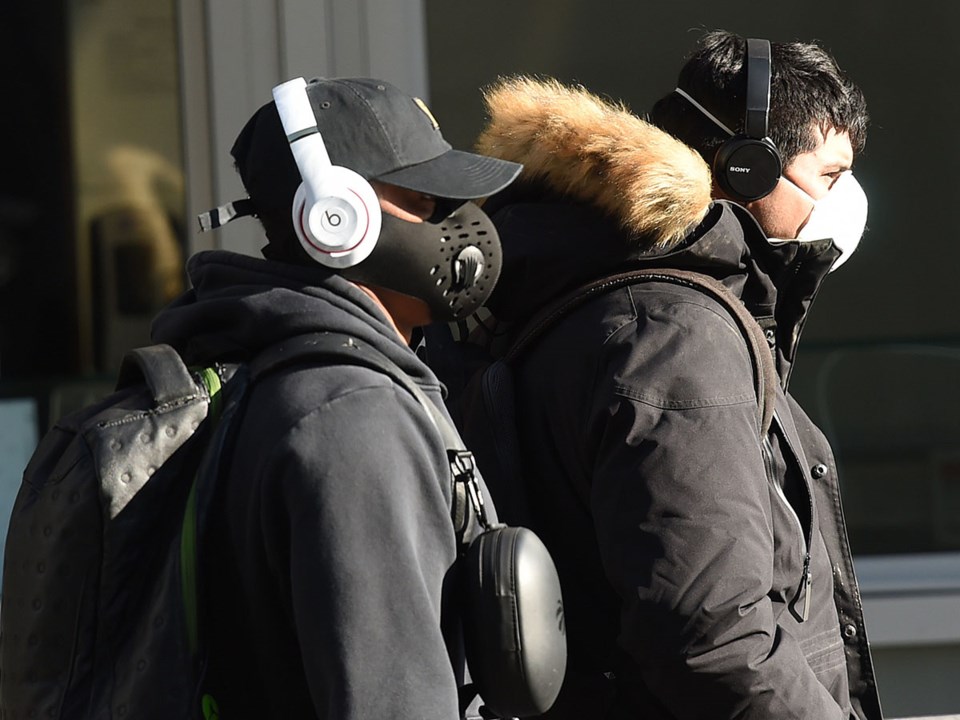The COVID-19 pandemic has shone a light on the core strengths of Canada’s health-care system while laying bare the shortcomings in the U.S.
In this country, we have started to flatten the curve. Ontario and Quebec are not quite as far along as other provinces, but their spread rate of the virus has slowed considerably.
If we stick to adhering to protocols, there is every reason to think the curve will continue to flatten.
Not so on the other side of the border.
The COVID-19 situation in the U.S. is out of control in many places. California, Arizona, Texas and Florida are getting steamrolled.
Perhaps the most important difference is Canada’s response is being driven by public health officials, not by politicians.
People like B.C. provincial health officer Dr. Bonnie Henry and federal public health officer Dr. Theresa Tam have been in charge for the most part, and they are being guided by science, not politics.
The country’s political leaders have primarily been responsible for devising financial aid packages for the millions of people hit hardest by the virus and have stayed out of the health side of the response.
Contrast that to the U.S., where in some cases elected officials (notably President Donald Trump) publicly clash with public health experts and ignore or override their advice.
Dr. Anthony Fauci, the respected U.S. infectious disease expert, has almost disappeared from public view. Evidently, that is because the Trump administration does not want him offering the country expert advice.
Can you imagine if the B.C. government tried to muzzle Henry? A pitchfork-waving mob would instantly materialize in the streets.
Another key difference is Canadians generally tend to follow rules created for the benefit of the larger community. We don’t chafe as much under state controls and when someone like Henry says, for example, that there will be no mass gatherings of people, there generally is not (the public protests against racism are notable exceptions).
Americans, on the other hand, love to boast about their constitutionally protected personal rights and have been thumbing their noses at things like crowd limits since the pandemic began. In fact, the current surge in COVID-19 cases in the U.S. can be traced back to the Memorial Day long weekend in May, when huge crowds gathered to celebrate.
Finally, it cannot be a coincidence that a country with a public health-care system is doing so much better fighting COVID-19. It allows us to take a centralized approach.
The U.S., on the other hand, has a private-dominated system that has led to a decentralized approach. The result is a hodge-podge of results (within states, some neighbouring counties have differing “lockdown” rules; some hospitals do not even report case numbers or deaths).
Two countries side by side, yet we could not be further apart in this pandemic.
Keith Baldrey is chief political reporter for Global BC.
��




